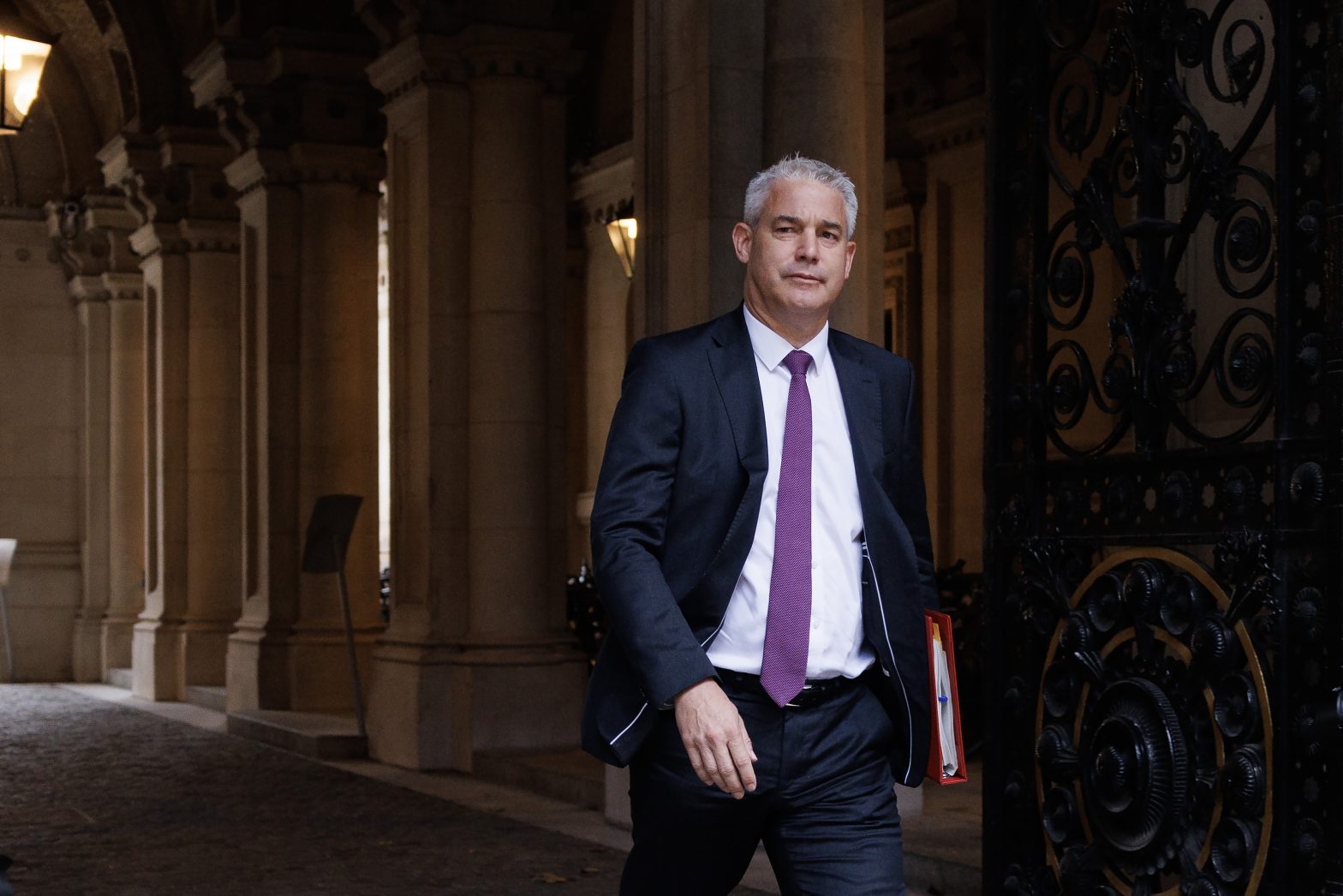
NHS MANAGERS and EDI consultants involved in the NHS have warned health secretary Steve Barclay that his decision to axe or downgrade Equality, Diversity and Inclusion posts in the service, risk progress and possibly increase patient service outcomes.
Last week Barclay sent out a letter to the chairmen of Integrated Care Boards, who oversee local finances, expressing his concerns over the recruitment of individuals into specialised EDI (equality, diversity, and inclusion) posts by several local NHS bodies.
Barclay’s letter said: “In the department, we have been focused on delivering efficiency so that we can move resources from the back office to the frontline.
“Other parts of the health family, including NHS England, are also making progress on this. I am therefore concerned that many local NHS organisations are actively recruiting into dedicated EDI (equality, diversity, and inclusion) roles.”
It is said that Barclay took action after learning that a hospital was seeking to hire a “director of equality, diversity, and inclusion” with a potential remuneration of £96,376.
Professor Nicola Ranger, chief nurse of Royal College of Nursing added: “The health secretary is playing politics and trying to create a false division. Frontline staff know the importance of diversity in leadership, even if this government is shunning it in a culture war.
“The discrimination faced by staff and patients alike is systemic, it perpetuates poor health outcomes for patients and impacts the wellbeing of staff, including pushing them out of the health service. This government and the next has to turn that around.”
Matthew Taylor, chief executive of the NHS Confederation, which represents healthcare organisations, added: “We clearly need to do more to assist Mr Barclay’s understanding of the contribution that a focus on equality and diversity makes to our staff and patients. We know, for example, that staff recruited from overseas need specific support and assistance. The government’s commitment to employ 50,000 more nurse has seen 15 per cent of all nurses working in the UK come from elsewhere in the world.”
Sir Julian Hartley, chief executive of NHS Providers, which represents NHS trusts, reacted to Barclay’s concerns saying: “Equality, diversity, and inclusion can help create an NHS-wide culture where leaders feel equipped to deal with all forms of discrimination.”
The health secretary’s order comes after the Care Quality Commission highlighted concerns over inequalities in care facing black and minority ethnic patients, particularly within maternity services in which the risk of death for black pregnant women is four times higher.
As part of an efficiency push, the Health Secretary has already eliminated one in six positions at the Department of Health and Social Care; moreover, the department does not have any stand-alone diversity duties.
He also instructed health officials to cease funding external diversity advisors, such as Stonewall, the LGBTQ+ charity organisation, in a letter to them.